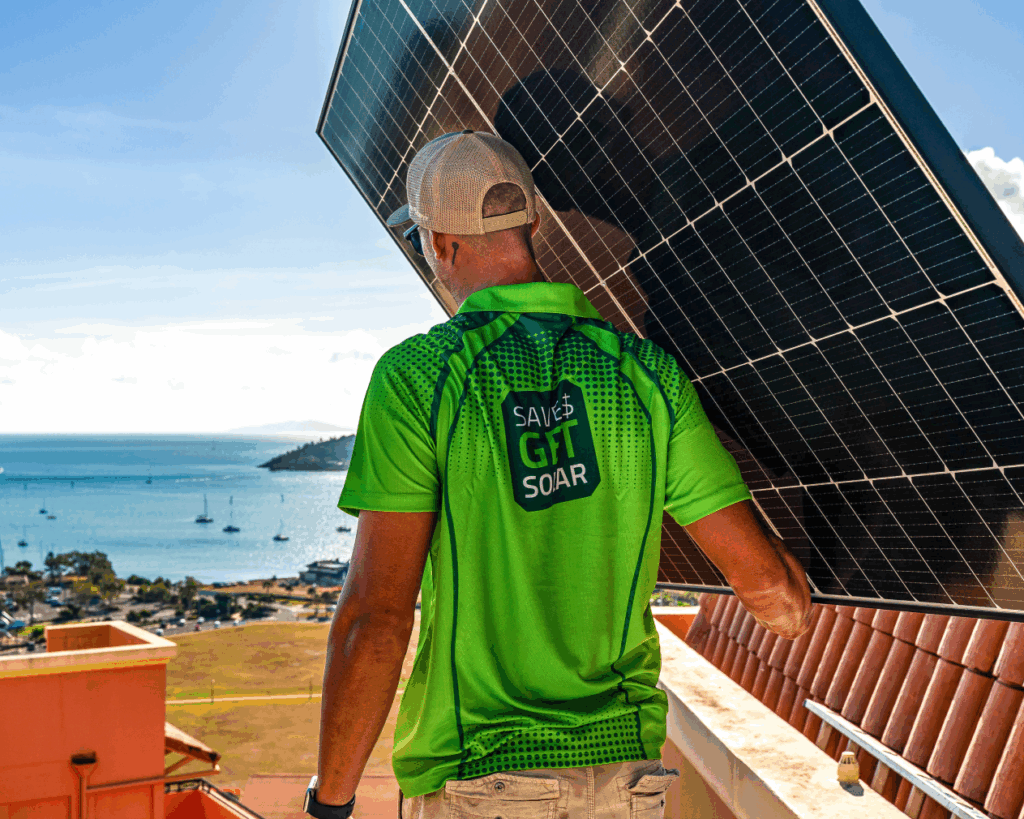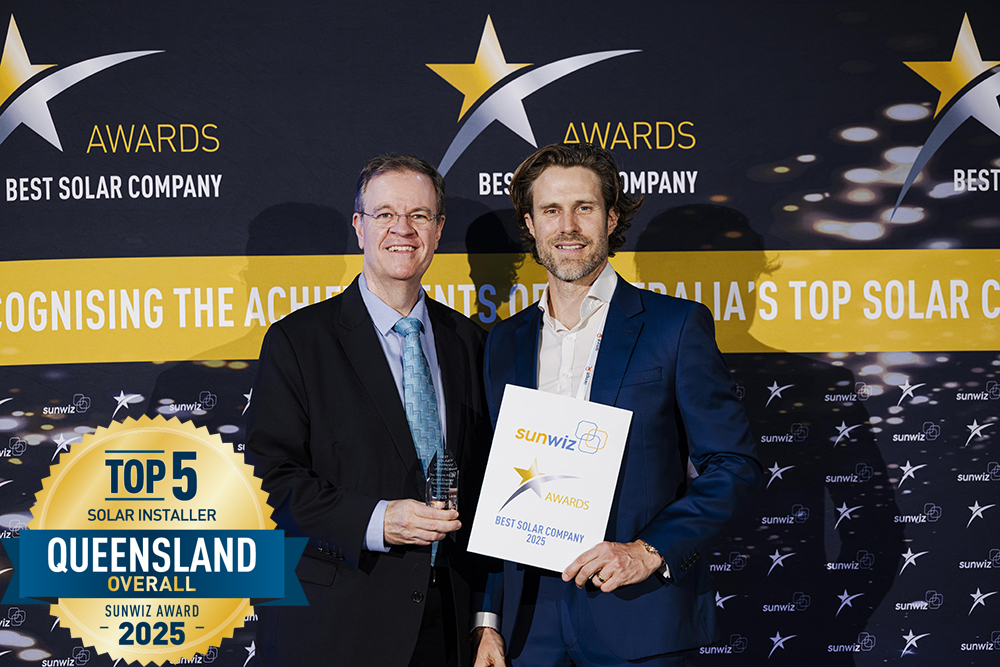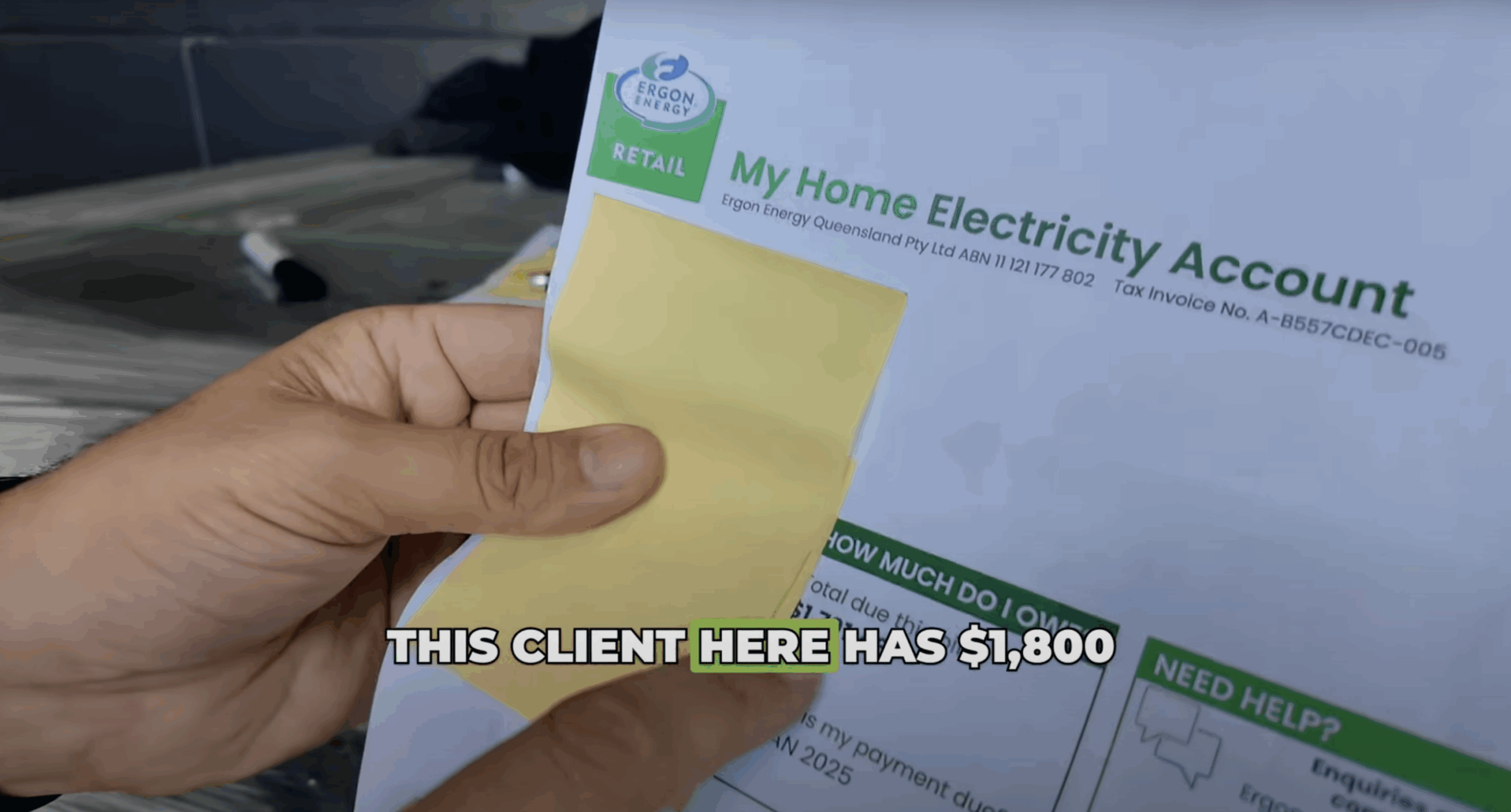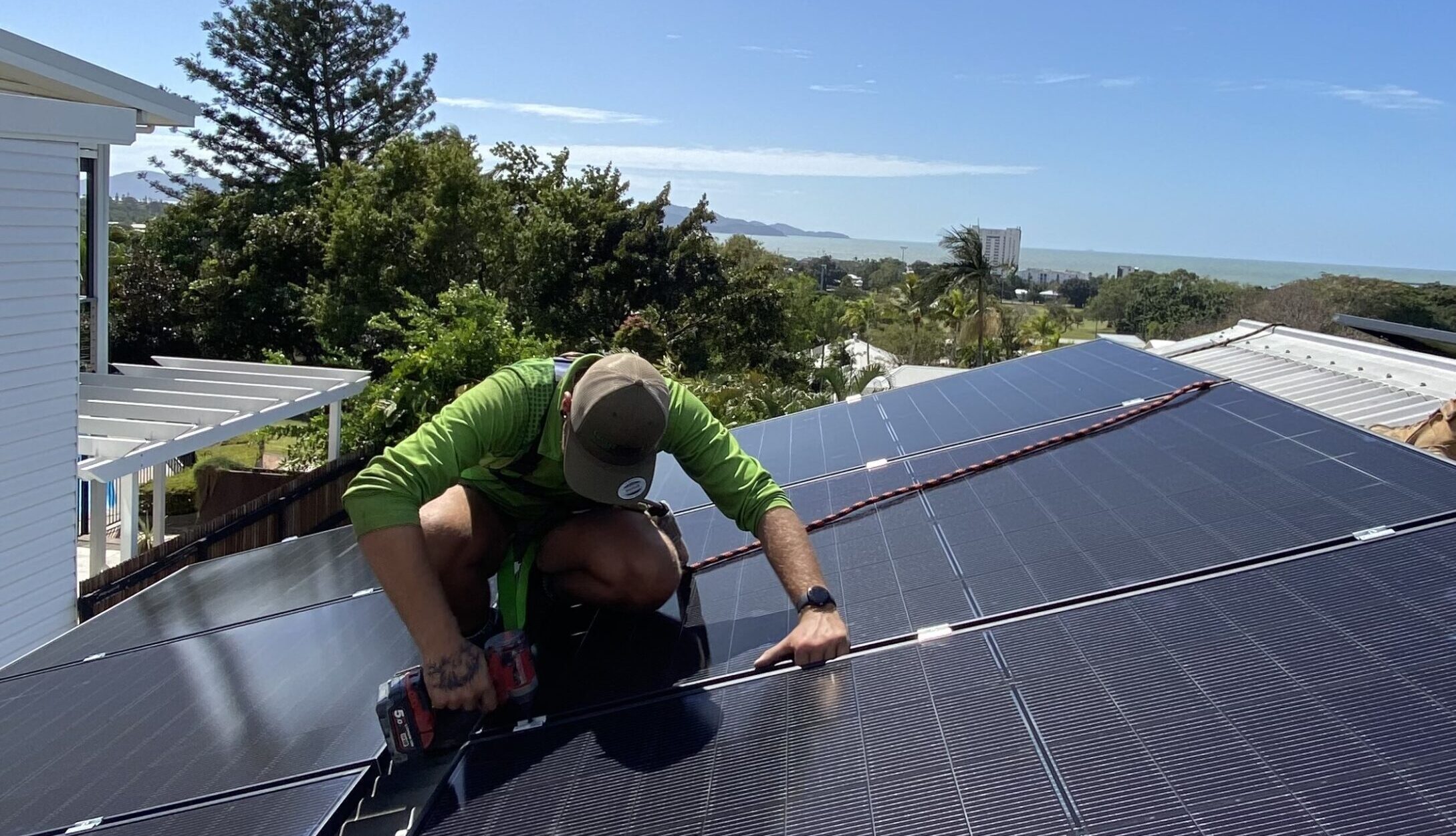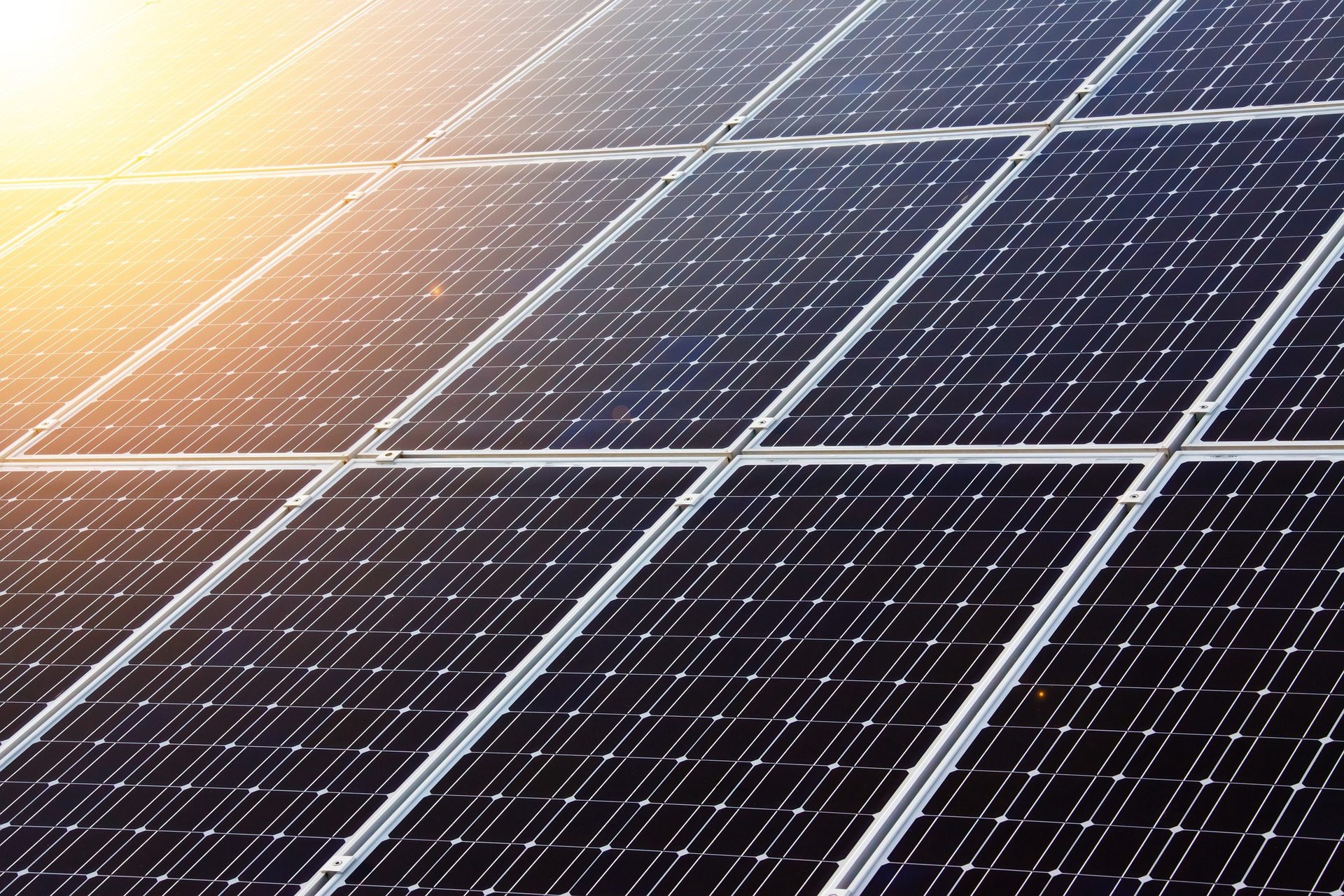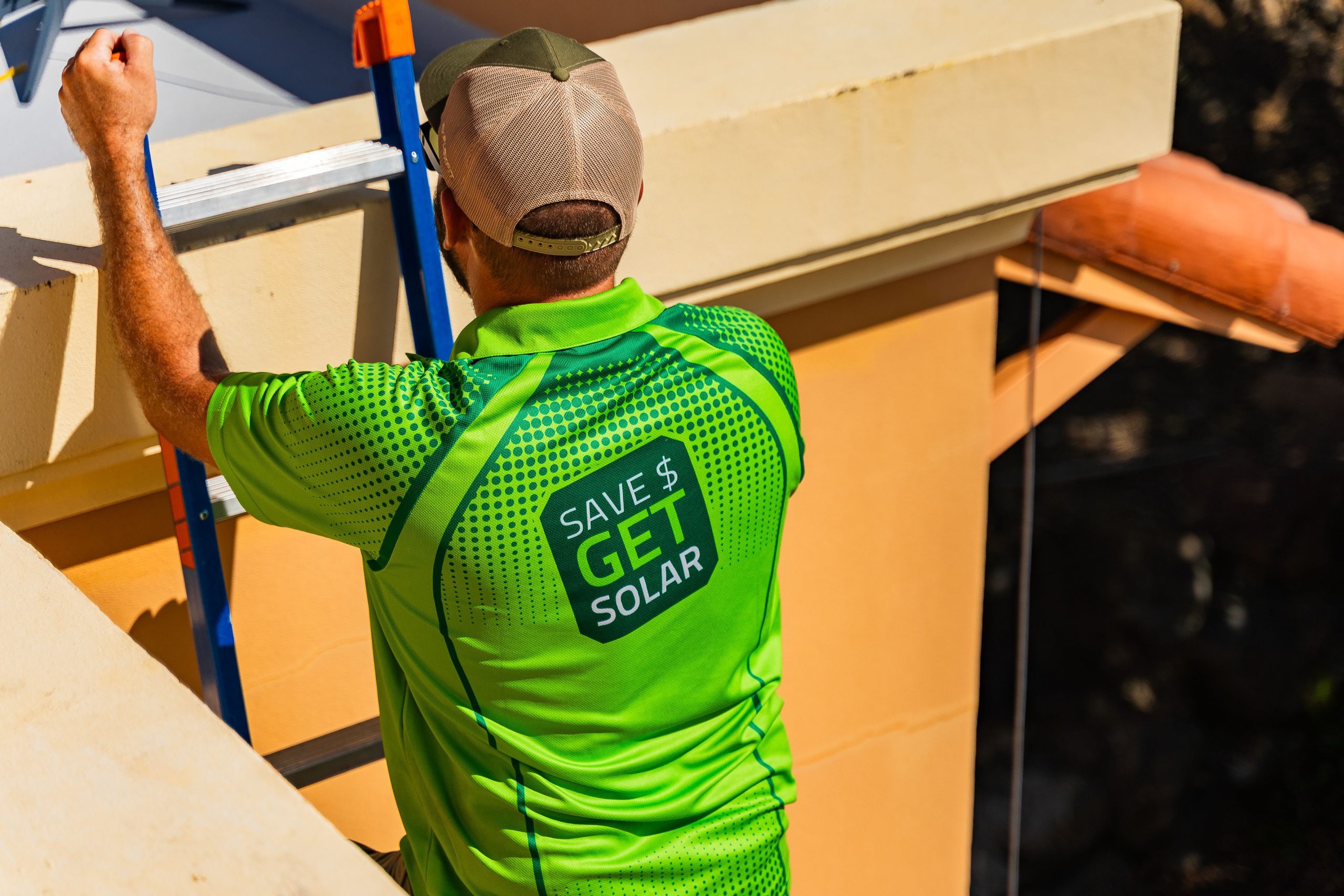As businesses strive to become more sustainable and cost-effective, commercial solar panel installations have gained significant traction as a viable solution. As with any major business venture, it’s crucial to research the potential return on your investment before signing the dotted line — and commercial solar panels are no exception.
In this blog, we’ll discuss the key factors that influence ROI solar panels (return on investment) for businesses, solar panel financing options available to businesses looking to invest in solar and ways businesses can maximise their system’s productivity.
Defining ROI solar panels and how to determine yours
Solar panel ROI represents the financial returns a business can expect from its investment in solar panel installation. It is calculated by dividing the total savings the solar system generates over its lifespan by the initial investment cost. Several factors can influence the ROI of solar panels for businesses:
System size
The size of the solar panel system directly impacts its electricity generation capacity and, consequently, the financial returns. A larger system with more solar panels can generate more electricity, resulting in greater energy cost savings. It is essential to determine the appropriate system size based on the energy consumption needs of the business and available roof or ground space.
Energy consumption
The business’s energy consumption plays a vital role in calculating the ROI. Businesses with higher energy consumption levels can potentially achieve greater savings through solar energy. It is crucial to assess historical energy usage patterns and consider future energy needs to determine the optimal system size that can effectively offset a significant portion of the energy demand.
Financing options
The financing option chosen for solar panel installation has a direct impact on the initial investment cost and subsequent ROI. Different financing options, such as solar leases and loans, offer varying financial structures and terms. Each option has its own advantages and considerations, including upfront costs, ownership and long-term savings. Businesses should carefully evaluate financing options to align with their financial goals and risk tolerance.
Solar resources and location
The solar resource, including the availability of sunlight in the business’s specific location, is another crucial factor. Regions with abundant sunshine and optimal solar conditions generally yield higher energy production, resulting in more substantial financial returns. The geographical location, shading from nearby buildings or trees and orientation of the solar panels should be considered when assessing the potential energy generation and, consequently, the ROI.
Government incentives and policies
Government and tax incentives for solar, grants and other policies play a significant role in the financial viability of solar panel installations. These incentives vary by region and can significantly reduce the upfront costs, shortening the payback period
and improving the ROI. Conducting research and taking advantage of available incentives are essential to maximise the financial benefits.
Maintenance and operation costs
While solar panels are generally low maintenance, there are associated costs for regular cleaning, inspections and occasional repairs. Solar panel maintenance costs should be factored into the ROI calculation. Consider the expected lifespan of the system and any warranties or service agreements provided by the solar panel installer.
Commercial solar panels are a worthwhile investment — partner with Green Energy Technologies today
In a world increasingly focused on sustainable practices, organisations that adopt solar panels can showcase their proactive approach towards a greener future while enjoying significant business energy savings. And by partnering with an accredited solar installer like Green Energy Technologies, businesses can realise their environmental goals, reduce their carbon footprint and leave a lasting positive impact on the planet.
We specialise in providing tailored solar solutions for businesses. We can design and install solar panel systems that meet businesses’ specific energy needs and sustainability objectives. Discover how we can help you unlock major savings for your businesses by contacting Green Energy Technologies for a quote today.
Exploring your financing options
When considering solar panel installations for businesses, exploring financing options is critical in determining the most suitable approach to fund the project. Different financing options offer businesses flexibility in terms of upfront costs, ownership and financial returns. Business owners must do their due diligence in ensuring the financing option they select aligns with the financial capabilities of the business.
Solar leases
A solar lease allows businesses to install a solar panel system with minimal upfront costs. Under a solar lease, a third-party solar provider owns and maintains the system, and the business pays a fixed monthly or annual lease payment for using the solar energy system. The lease payments are typically lower than the previous electricity expenses, providing immediate cost savings. While the business does not own the system, it benefits from the generated solar electricity throughout the lease term.
Green loans
Businesses can secure ‘green loans’, a loan designed purely for purchasing green or renewable solutions, from financial institutions to finance the upfront costs of solar panel installations. With a green loan, the business owns the solar panel system from the start and retains all the associated benefits and financial returns. Loan terms, interest rates and payment structures vary based on the financial institution and the business’s creditworthiness. Like a business loan, the business repays the loan over a specified term, typically between 5 to 20 years.
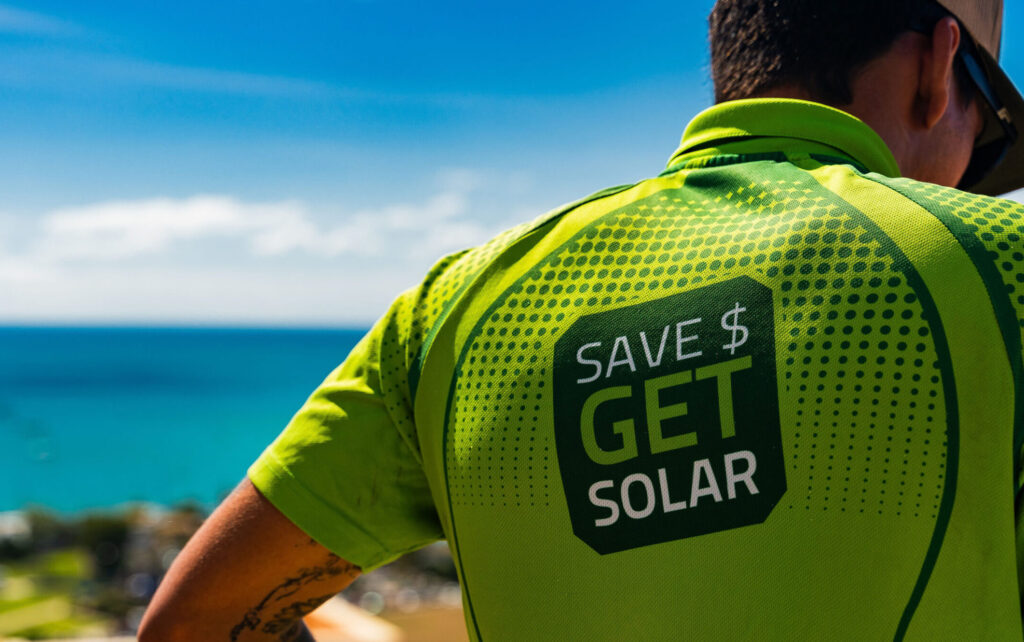
FAQs
1. How long does it take to achieve ROI on commercial solar panel installations?
The time it takes to achieve the ROI on commercial solar panel installations can vary based on several factors. Generally, the payback period for commercial solar systems ranges between 3 to 7 years. Still, it can be shorter or longer depending on the initial cost of installing a commercial solar panel system, the amount of electricity consumed by the business, any government incentives or grants utilised by the business and any financing solutions that have been used.
2. What are the maintenance costs associated with commercial solar panels?
Maintenance costs associated with commercial solar panels are generally relatively low, especially with the potential energy cost savings and financial benefits they provide. Some maintenance expenses businesses will need to factor into their solar panel budget is the cost to clean the panels regularly and routine maintenance of the panels, inverters and monitoring systems.
3. How can solar panels help businesses reduce their carbon footprint and demonstrate environmental responsibility?
Solar panels harness the power of sunlight to generate electricity without emitting greenhouse gas or other harmful pollutants. By utilising solar energy instead of relying solely on grid electricity, businesses significantly reduce their carbon dioxide emissions and other greenhouse gas emissions associated with fossil fuel-based energy generation.
And by adopting clean energy practices, businesses can demonstrate their commitment to reducing their environmental impact and meeting sustainability goals, enhancing the business’s reputation and brand image.
